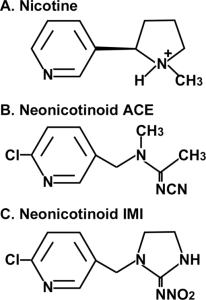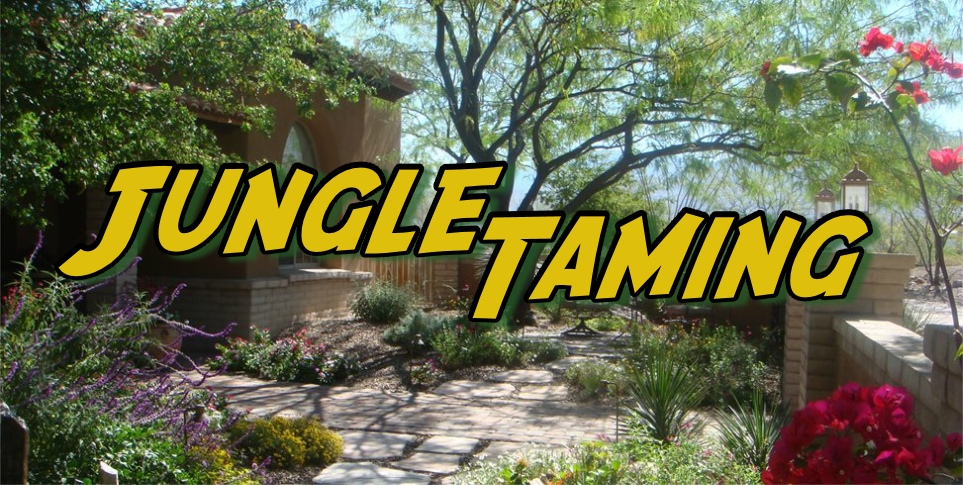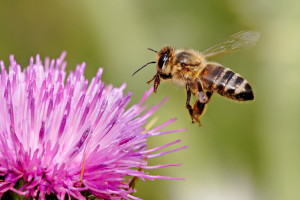Save the Bees
By Amy Wright
As new information becomes available through research, I feel responsible for passing this new information on to my readers.
For years now bees have made the headlines because their populations have been declining with no real evidence as to the cause. Theories have abounded, with pesticides being high on the list of being the culprit. Bees are of major importance to everyone because they are vital to food crop production. In short, without bees to pollinate our crops, we could be in danger of starving. Alarmed by this threat, researchers have gone to work to solve this crucial mystery, and have at last come out with a definitive answer.
 Twenty years ago a class of insecticides called neonicotinoids came on the market. Neonicotinoids are derived from the nicotine in tobacco, and have done a very effective job of controlling sap feeding insects such as scale and aphids. I, myself, have used this category of insecticides, and have recommended it to others for treating for insect infestations. Unfortunately, new research proves beyond a shadow of a doubt that neonicotinoids kill bees, particularly honey bees.
Twenty years ago a class of insecticides called neonicotinoids came on the market. Neonicotinoids are derived from the nicotine in tobacco, and have done a very effective job of controlling sap feeding insects such as scale and aphids. I, myself, have used this category of insecticides, and have recommended it to others for treating for insect infestations. Unfortunately, new research proves beyond a shadow of a doubt that neonicotinoids kill bees, particularly honey bees.
Neonicotinoids are being sold under brand names such as: Arena, Safari, Marathon, Merit, Flagship, Aloft, Triple Crown, Discus, and Bayer Tree & Shrub Systemic Insecticide. There may be other products out there with different names. This is why it is important to look for the active ingredient on the label of an insecticide. You need to look for the following names to know if you are using a neonicotinoid: Acetamiprid, Clothianidin, Dinotefuran, Imidacloprid, Nitenpyram. Thiocloprid, and Thiamethoxam.
The research shows that these products can be safely used if label directions are followed at the rates recommended at any time on non-blooming trees and shrubs. If you need to treat blooming trees and shrubs, the best time to treat is when they are not in bud or bloom to keep from harming bees.
Home Depot is now going to require that all pesticides they stock show on the label the chemical toxicity to bees. Look for the bee picture on the label. They are doing this voluntarily and have asked their competitors to do the same. I applaud Home Depot’s proactive stance, and encourage you to check your labels.



